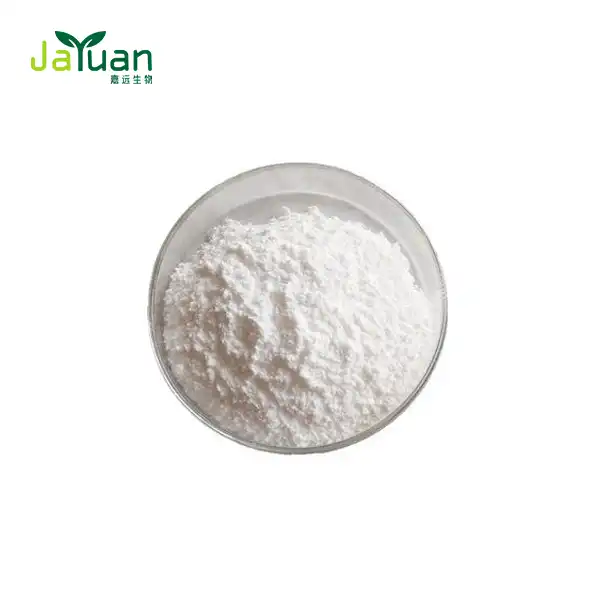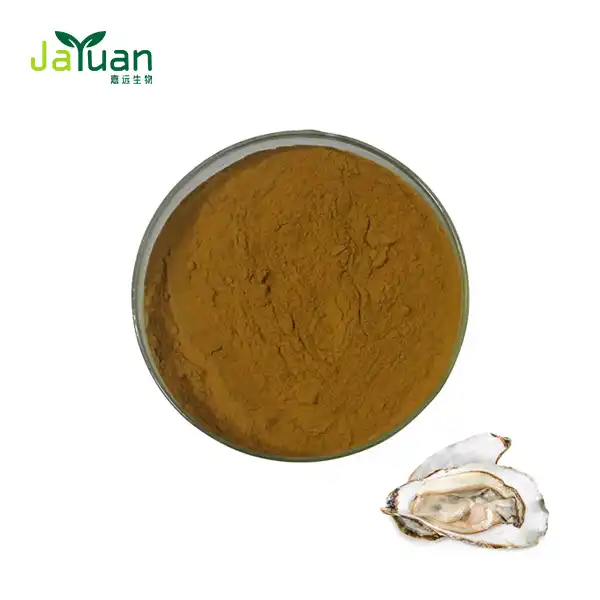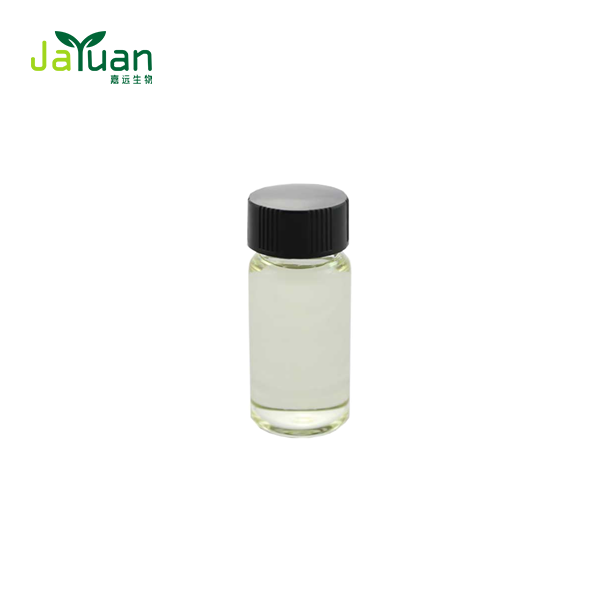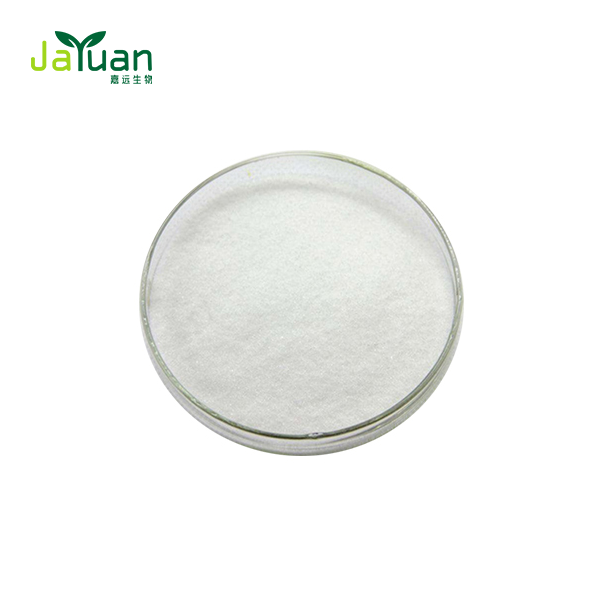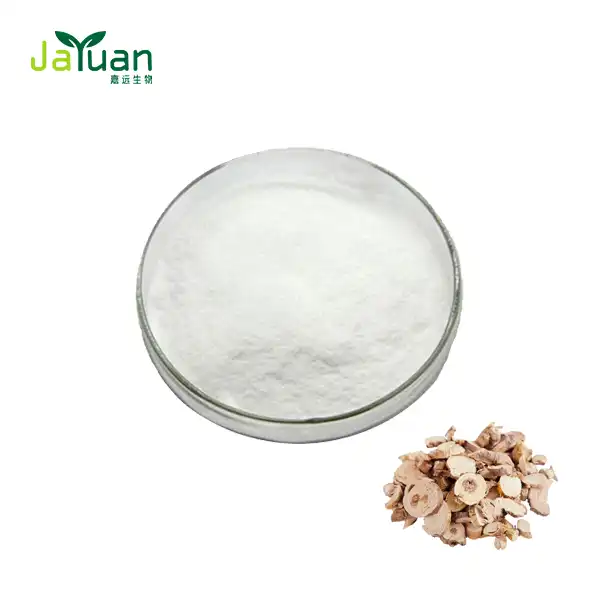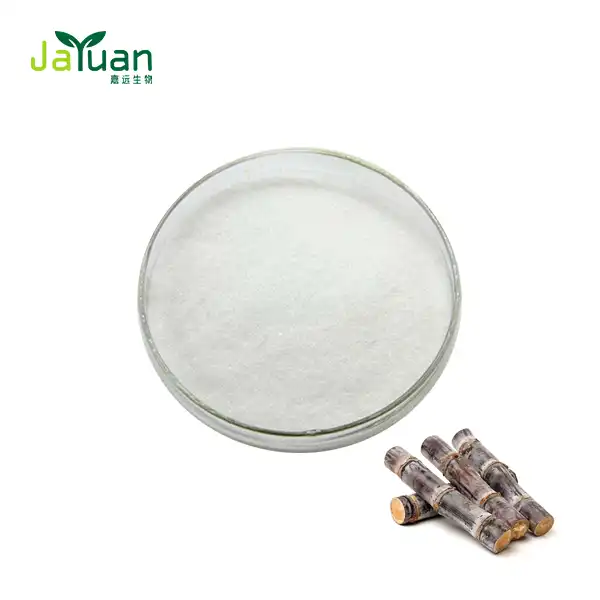What nutrients are found in black soybean powder?
Recently, black soybean powder has become more well-known as a nutrient-dense supplement. This adaptable powder, which is made from black soybeans, provides a variety of vital nutrients that can support general health and wellbeing. We'll examine the nutritional makeup of black soybean powder and discover any possible advantages in this in-depth guide.

The Nutritional Powerhouse: Black Soybean Powder Unveiled
A vital supplement to any well-rounded diet, black soybean powder is a highly concentrated source of several important elements. Proteins, vitamins, minerals, and healthy plant components abound in this superfood powder, which can support a variety of body processes and improve general health and vigor.
The remarkable protein content of black soybean powder is among its most noteworthy features. It offers all nine necessary amino acids, which the body is unable to manufacture on its own, making it a complete protein supply. Because of this, black soybean powder is a great option for people who are vegetarians or vegans who want to boost their protein intake without using animal products. This feature also makes it beneficial for muscle repair and growth, as well as supporting immune function.
Black soybean powder has a high protein level and a high dietary fiber content, both of which are important for digestive health. Fiber maintains appropriate blood sugar levels, encourages feelings of fullness, and aids in the regulation of bowel motions. Black soybean powder's protein and fiber combination can be particularly helpful for people trying to maintain their weight since it suppresses hunger and gives them steady energy. Moreover, fiber may lower cholesterol and has been associated with better cardiovascular health, providing further health advantages.
Essential Vitamins and Minerals in Black Soybean Powder
A wealth of critical vitamins and minerals that are necessary for many body processes may be found in black soybean powder. Now let's examine a few of the important micronutrients present in this nutrient-rich powder:
Iron: A great plant-based supply of iron, which is essential for energy synthesis and blood oxygen delivery, is black soybean powder. For those on plant-based diets who could be at risk of iron deficiency, this makes it especially beneficial.
Calcium: Although not as abundant as dairy products, black soybean powder nevertheless offers a respectable quantity of this mineral, which is necessary for healthy bones, muscles, and nerve transmission.
Magnesium: This important mineral plays a role in over 300 enzymatic reactions in the body, including energy production, protein synthesis, and muscle and nerve function. Black soybean powder can contribute to your daily magnesium intake.
Potassium: An electrolyte that helps regulate fluid balance, nerve signals, and muscle contractions, potassium is found in significant amounts in black soybean powder.
Zinc: Essential for immune function, wound healing, and DNA synthesis, zinc is another mineral present in black soybean powder.
B Vitamins: B vitamins, such as thiamin, riboflavin, and niacin, are found in black soybean powder and are essential for the neurological system and energy metabolism.
Vitamin E: Also included in black soybean powder, vitamin E promotes healthy skin and a strong immune system.

Unique Phytonutrients in Black Soybean Powder
Past fundamental vitamins and minerals, black soybean powder brags a assortment of one of a kind phytonutrients that contribute to its health-promoting properties. These plant compounds have been related with different potential benefits:
Anthocyanins: These capable cancer prevention agents grant black soybeans their unmistakable dim color. Anthocyanins have been connected to potential anti-inflammatory and neuroprotective effects.
Isoflavones: Black soybean powder contains isoflavones, especially genistein and daidzein. These compounds are phytoestrogens that may offer assistance back bone wellbeing and ease menopausal indications in a few people.
Saponins: These compounds found in black soybean powder have been studied for their potential cholesterol-lowering and antioxidant properties.
Lecithin: A phospholipid present in black soybean powder, lecithin may support liver health and aid in fat metabolism.
Phytic Acid: While sometimes considered an antinutrient, phytic acid has also been studied for its potential antioxidant and anti-cancer properties when consumed in moderation.
It's critical to note that whereas these phytonutrients appear guarantee in different considers, more inquire about is required to completely get it their impacts and ideal measurements in humans.
Black soybean powder offers a differing cluster of supplements that can contribute to a adjusted count calories. From its high-quality protein substance to its riches of vitamins, minerals, and one of a kind phytonutrients, this flexible powder has much to offer. In any case, as with any dietary supplement, it's vital to consider person needs and counsel with a healthcare proficient some time recently making critical changes to your diet.
Incorporating black soybean powder into your every day schedule can be as basic as including it to smoothies, heated products, or indeed savory dishes. Its mellow flavor permits for flexible utilize whereas harvesting the potential benefits of its supplement profile.
As we proceed to investigate the world of plant-based sustenance, black soybean powder stands out as a nutrient-dense choice worth considering. Whether you're looking to boost your protein admissions, increment your antioxidant utilization, or basically broaden your eat less, dark soybean powder may be a important expansion to your dietary regimen.
If you're interested in learning more around organic black soybean powder, do not waver to reach out to us at sales@jayuanbio.com, sales1@jayuanbio.com. Our group of specialists is continuously prepared to give more data and reply any questions you may have approximately our high-quality plant extricate items.
References
- Messina, M. (2016). Soy and Health Update: Evaluation of the Clinical and Epidemiologic Literature. Nutrients, 8(12), 754.
- Chen, Y., et al. (2018). Black soybean: A comprehensive review of its nutrients, phytochemistry, and health benefits. Journal of Agricultural and Food Chemistry, 66(24), 6048-6062.
- Xu, B., & Chang, S. K. C. (2008). Antioxidant capacity of seed coat, dehulled bean, and whole black soybeans in relation to their distributions of total phenolics, phenolic acids, anthocyanins, and isoflavones. Journal of Agricultural and Food Chemistry, 56(18), 8365-8373.
- Kim, K., et al. (2012). Anthocyanins from soybean seed coat inhibit the expression of TNF-α-induced genes associated with ischemia/reperfusion in endothelial cell by NF-κB-dependent pathway and reduce rat myocardial damages incurred by ischemia and reperfusion in vivo. FEBS Letters, 586(11), 1575-1581.
- Jiang, S., et al. (2013). Antidiabetic properties of anthocyanins from black soybean seed coat in streptozotocin-induced diabetic rats. Journal of Functional Foods, 5(4), 1877-1884.

